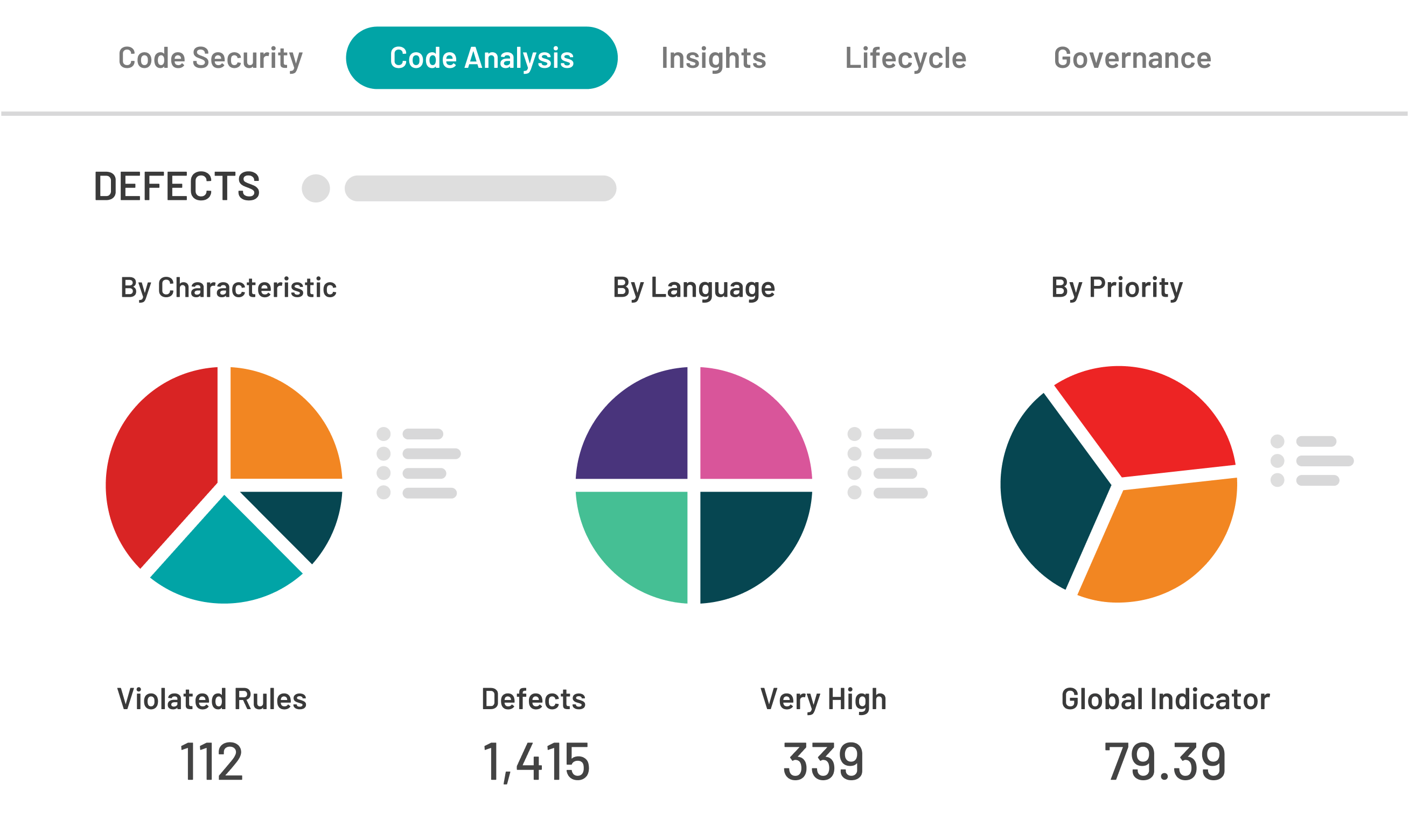

The efficiency of DevOps has proven the staying power of integrating development and deployment departments. It’s now more than just a trendy way of restructuring your workflow; it’s a precedent to which your clients are holding you.
If you’re not able to deliver quality software at DevOps speed and quality, your competitors will outperform you. This cements DevOps as the standard development and deployment practice for the coming years.
If you’re not entirely convinced about the significant effect of properly-executed DevOps, consider these specific outcomes.
This is fundamental to the DevOps ideology.
Related to the Agile concept of “deliver working software incrementally,” the idea behind continuous software delivery is to keep your solutions relevant and to reduce the amount of time spent on deployment.
The first part – relevance – has to do with the rapidly-changing needs of clients. As markets evolve in unexpected ways, it’s crucial to be able to react to changes quickly with rapid deployment.
The second part-time spent on deployment – is a more straightforward way to save time for your development and operations teams. By adopting an automated development cycle and deployment solution, your team can avoid the repetitive aspects of deployment and use that time to work on more innovative solutions to the problems on the horizon.
The beautiful thing about bringing developers and operations people together is the need to clarify details about deployment systems.
To get deployment and business people involved in the development process, laying out the program architecture in a detailed visual format is a great communication tool. In doing so, developers themselves often find important oversights or flaws in the system architecture.
Getting a complete, robust, and accurate map of your system architecture is important because it takes the complexity of your system and boils it all into a digestible format. While this format is important for non-developers, it’s an equally powerful tool for developers as well, especially for those who are new to the project and need to deal with legacy systems.
A great way to automate this piece of DevOps is with a program architecture analysis solution, which automates the process. The right solution can even automatically find redundancies, inefficiencies, and security vulnerabilities in your system.
Operations teams play an important but difficult role between the front end of the business and the development end of your products.
One especially challenging aspect of this role is the liaison between customer advocacy and product development. Developers typically interact minimally with customer-oriented departments, and a symptom of this is the fact that the products in development often don’t match up with the needs of customers.
A worst-case outcome of this is the loss of customers who migrate to a competing product that offers the solutions they seek.
DevOps answers this by closing the gap between developers and customer-related departments. With a strong DevOps culture and workflow in place, your team can address emerging customer demands rapidly and respond with rapid development and deployment of solutions.
This is where ideas collide with the automation and oversight of the first two points on this list. With these tools in place, your team can go from a situation-based idea to a working solution that fits into your deployed systems to address the changing needs of customers as quickly as possible.
Automation saves time nominally, but there is a growing body of evidence that suggests working with DevOps boosts productivity in other ways.
For example, spending a bigger portion of time working with other departments to build an abstract application model tends to help developers produce higher-quality code faster.
Another benefit to having more time and spending more time planning is the fact that your development team can spend more time brainstorming solutions to emerging customer-side problems. This may be some of the most important work they do.
There is a tendency for discord between operations, IT people and developers. Developers focus on projects before deployment, and as a result, don’t usually spend much time working with the product after launch.
IT professionals, on the other hand, tend to spend the majority of their working hours dealing with the problems that happen during runtime. From the IT perspective, there are almost always critical flaws in program design.
DevOps interrupts this negative cycle by providing a space for IT and deployment professionals to contribute to the development of products. This gives all contributors insight that helps post-deployment operations run more smoothly, as well as a sense of ownership over the product.
Perhaps most importantly, the setting of interacting regularly with other departments puts a social aspect into the development process. The connections built to form a better corporate culture.
The “cross-pollination” effect of DevOps can sometimes open unexpected doors for your employees.
By participating in projects outside of their usual scope, employees are exposed to new types of work and are sometimes inspired to work more on the new types of projects they get their hands on.
The traditional model tends to put employees into hyper-focused roles. This can inhibit productivity and stifle employee satisfaction. DevOps allows more interdisciplinary work that tends to stimulate and inspire employees. Even if that doesn’t mean a department change, it almost always leads to inspired and effective results.
Your operations team has a stronger understanding of what’s going on with your database and system architecture when they work with your development team before deployment.
This means that, with DevOps, problems are less likely to arise. When they do, all of your team members are better equipped to address and fix them faster.
Perhaps even better, there’s a communication channel in place to help your development team prevent such problems in future releases. The result is synergy and products that meet your customers’ needs.
Once you’ve seen the power of effective DevOps, it’s easy to see why it’s become a standard practice in software solution deployment.
The question is no longer “should you” implement DevOps, but “how will you do it?” The best approach is personal for every team, so get everybody involved in the conversation. Communication is, after all, a cornerstone of good DevOps practices.


